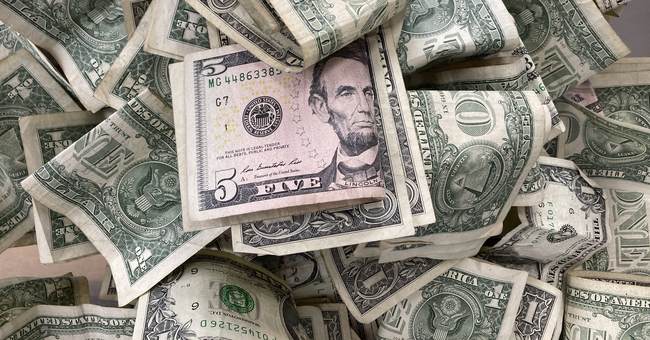Kerby Anderson
Two economics professors at Johns Hopkins University are warning that we could be facing tough economic times soon. These men aren’t doom-and-gloom economists, but sober-minded individuals concerned about the policies of the Federal Reserve.
We all know drivers who one minute floor the accelerator and then slam on the brakes. That is my metaphor for what has been happening over the last few years.
Back in March 2020, the government significantly increased the money supply to send money to US citizens during the pandemic. The M2 money supply “grew at an unprecedented, annualized rate of 16.5%.” That was more than three times the appropriate rate for the Fed’s inflation target.
Two years later in March 2022, the Federal Reserve changed course and started tightening the money supply by increasing the federal-funds rate. This “quantitative tightening” contracted the money supply. The economists explain that this was the most extreme contraction since 1933.
They point to the fact that the Federal Reserve “ignored the huge acceleration in the quantity of money and thus failed to anticipate the ensuing inflation.” You might remember when inflation began to show up in early 2021, we first heard that it was merely transitory and caused by the disruption of supply-chains.
Now that the Federal Reserve has pumped the brakes, these economists argue that we are facing the opposite problem. “The money supply has been contracting for 18 months, and soon, after the overhanging extra money from 2020-21 has been used up, spending will plunge, and inflation will fall” they believe even into deflation.
Their evaluation should be a warning to all of us that we may be facing some tough economic times in the future. 
 Listen Online
Listen Online Watch Online
Watch Online Find a Station in Your Area
Find a Station in Your Area










 Listen Now
Listen Now Watch Online
Watch Online
